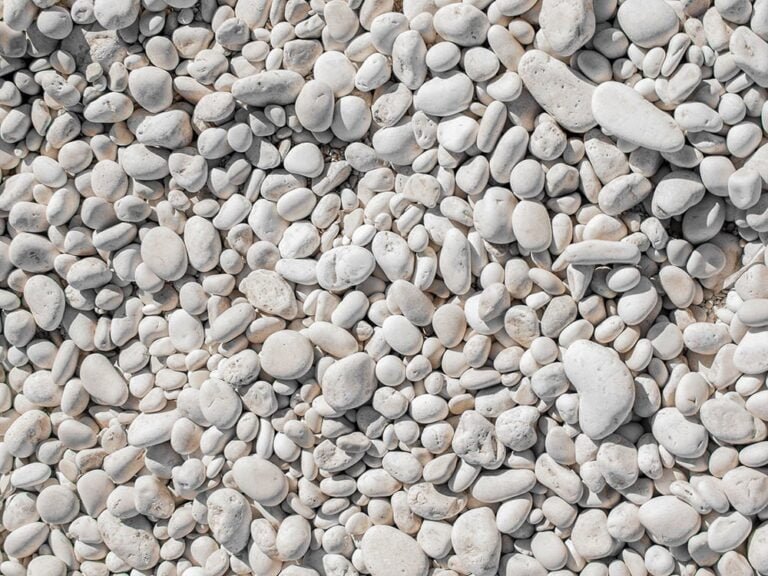toucher le pactole
The French saying “toucher le pactole” translates literally as “to earn the gold mine.” It means to earn or win a very large sum of money, or anything with a high value. It can also mean to win, or to become rich.
The origin of this saying dates back to the ancient King Croesus, who was the origin of another saying, “as rich as Croesus.” He was the King of Lydia (in ancient Greece) in the 6th century BC.
He was wealthy thanks to the gold-bearing sands of the river Pactolus, which crossed his country. The river is known as “Paktolos” in Greek and “Pactole” in French.
So to have touched or earned “le pactole” comes from King Croesus and his river with sands containing gold particles.
The same river featured in a Greek myth about King Midas. Midas was granted his wish to transform everything he touched into gold. Unfortunately this also included food and drink, making it impossible for him to survive. So he asked for his wish to be canceled. As a term of this cancellation, he was required to bathe in the river Pactolus, which is the mythological explanation for the abundance of naturally occurring gold flakes in that river, in ancient times.
This expression dates back to the end of the 17th century and became more widely used, starting from the 18th century.
The nearest equivalent English expression is “to hit the jackpot.”






